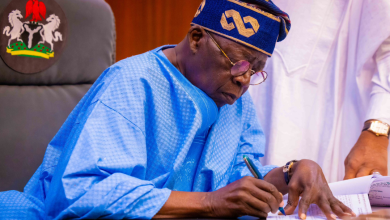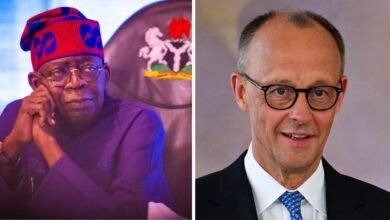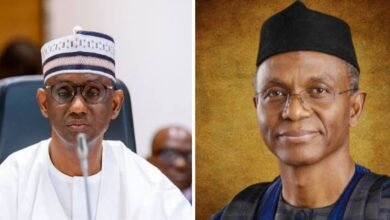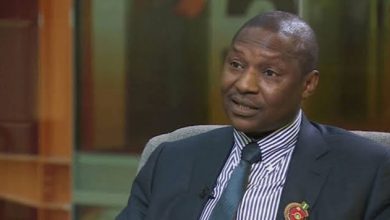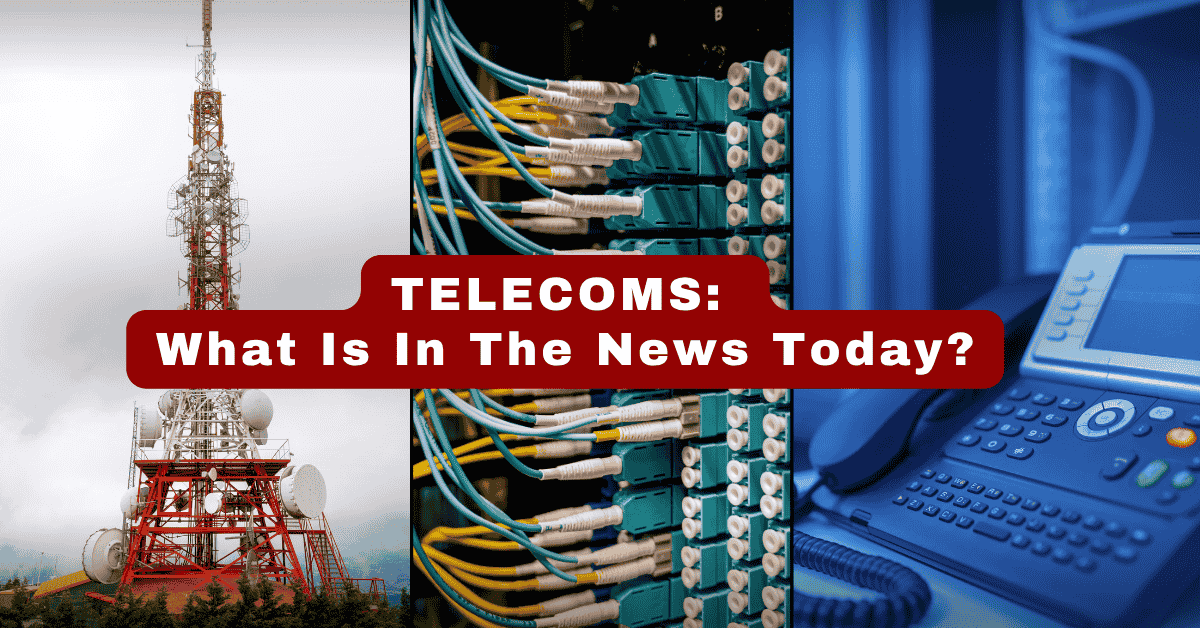
Nigerian Senate Confirms Idris Olorunnimbe as Chairman of NCC Board
On October 23, the Nigerian Senate confirmed the appointment of Idris Olorunnimbe as Chairman of the Board of Commissioners of the Nigerian Communications Commission (NCC), alongside eight other members. The confirmation follows President Bola Tinubu’s nominations in August and restores a fully constituted leadership at Nigeria’s primary communications regulator after more than a year of operating without a complete board.
The new board includes Abraham Oshadami (Executive Commissioner, Technical Services), Rimini Makama (Executive Commissioner, Stakeholder Management), Maryam Bayi, Col. Abdulwahab Lawal (Rtd), Senator Lekan Mustafa, Chris Okorie, and Princess Oforitsenere Emiko, with the Board Secretary completing the composition.
The reinstatement of a full board marks the end of a governance gap that began when the previous board, led by Adeolu Akande, completed its tenure in 2023 under former President Muhammadu Buhari. During the interim, industry analysts noted that the Commission operated without its full governance structure—limiting strategic oversight at a time of rapid technological evolution.
With a complete board now in place, stakeholders expect stronger policy direction, improved accountability, and renewed focus on quality of service, digital inclusion, and infrastructure expansion across the telecom ecosystem.
NCC Board’s Responsibilities Highlighted Amid Growing Concerns Over Online Harms in Nigeria
The NCC Board of Commissioners bears critical oversight functions in ensuring effective governance and regulation of Nigeria’s telecommunications sector. Its key mandates include formulating policies that promote fair competition, ensuring consumer protection, and overseeing the Commission’s financial management to guarantee efficiency and transparency.
Board members also engage with telecom operators, civil society, and government agencies to strengthen collaboration and ensure policies align with Nigeria’s digital transformation agenda.
Amid these responsibilities, Gatefield’s “State of Online Harms Report”, recently presented by Ms. Ewang, underscores the urgency of regulatory action. The report reveals that 50 percent of Nigerian internet users have experienced online harms such as misinformation, hate speech, cyberbullying, and identity theft. Notably, 58 percent of those affected are women—especially those in politics, media, or leadership roles.
Social media remains the primary channel for these harms: X (formerly Twitter) accounted for 34 percent of incidents, followed by Facebook, WhatsApp, and Instagram. The findings amplify calls for stronger frameworks to ensure online safety and digital rights protection.
As these issues grow in scale and complexity, the NCC board is expected to play a leading role in shaping regulatory responses—balancing innovation with user protection to build a safer, more inclusive digital environment.
Report Reveals Disparities in 5G Connectivity Across Nigeria
A joint report by Ookla and the Nigerian Communications Commission (NCC) reveals a widening gap between 5G device ownership and actual network access in Nigeria. The “Nigeria Network Performance & 5G Opportunity Analysis”, released last week, shows that 70.9% of 5G-capable devices in Lagos cannot connect to any 5G network, while 65.6% face similar challenges in Abuja.
The report highlights “significant disparities in network experience” even within major urban areas. Meanwhile, rural communities remain largely dependent on older 2G and 3G networks, deepening Nigeria’s digital divide.
According to the NCC, this imbalance threatens national digital inclusion efforts and limits the economic benefits of next-generation connectivity. The Commission has pledged to accelerate 5G rollout in urban centers while expanding 4G and 5G infrastructure to underserved regions.
The NCC has also urged operators to prioritize investments that bridge this connectivity gap. Ensuring equitable access, the report concludes, will be central to unlocking Nigeria’s full digital potential.
Airtel Africa Reports 375% Surge in Profit Driven by Data and Mobile Money Growth
Airtel Africa has announced a 375 percent increase in profit after tax, reaching $376 million for the half-year ending September 30, 2025—a major rebound driven by strong data and mobile money growth, and favorable currency performance across key markets.
For the first time, data revenue has surpassed voice revenue, becoming Airtel’s largest income source. Data earnings grew by 37 percent in constant currency to $1.16 billion, supported by an 18.4 percent rise in active data users to 78.1 million. Smartphone penetration climbed to 46.8 percent, with average monthly data consumption now at 8.2GB per user.
“Data is now the heartbeat of our business model,” the company said in a statement, highlighting its shift from traditional voice-led operations to a digitally anchored growth strategy.
The results reaffirm the growing importance of digital connectivity and mobile financial services in driving telecom revenues across Africa.
ARPCE Presents Findings on National Subscriber Identification Mission
In the Republic of Congo, the Regulatory Agency for Post and Electronic Communications (ARPCE) has released findings from its National Subscriber Identification Mission, conducted between July 25 and August 29, 2025.
The results were presented on October 21 by ARPCE’s General Manager, Louis-Marc Sakala, at a meeting attended by representatives of MTN Congo and Airtel Congo. Benjamin Mouandza, Director of Networks and Electronic Communications Services (DRSCE), provided a detailed overview of the investigation across 18 localities, assessing the reliability and efficiency of subscriber registration systems.
The review identified several compliance gaps and recommended corrective measures to strengthen national security, improve service delivery, and ensure a more robust regulatory framework.
The initiative reflects ARPCE’s ongoing commitment to maintaining accurate subscriber databases and promoting transparency within the telecom ecosystem—critical elements in advancing national security and consumer trust.

